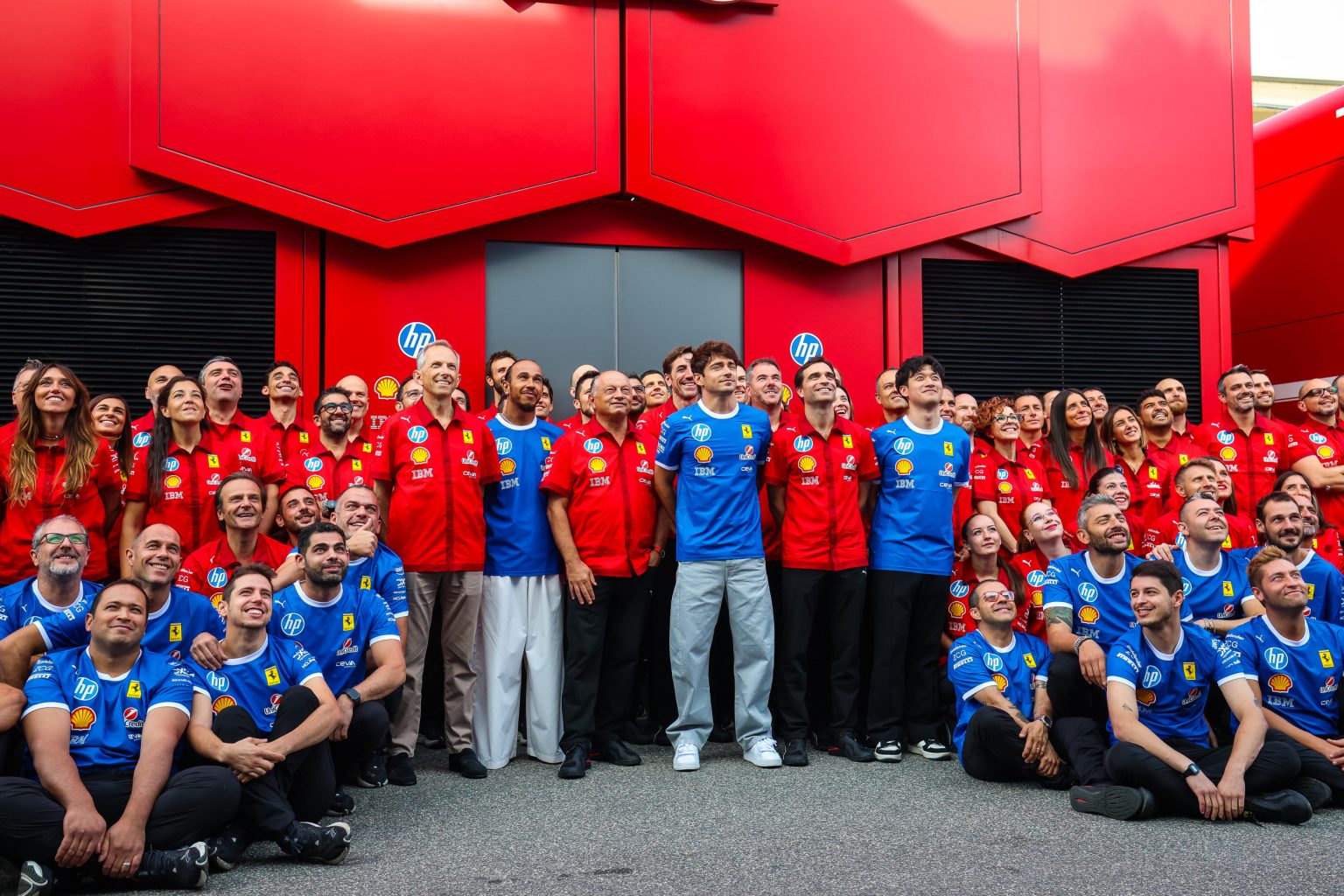Ferrari’s Leadership Crisis: A Legacy Brand Struggling to Reclaim Glory
Former Ferrari president Luca di Montezemolo has publicly criticized the current leadership of Formula 1’s most iconic team during what has become a frustrating winless season. His comments highlight a growing concern among Ferrari loyalists that the team lacks the necessary direction and determination to reclaim its place at the top of motorsport’s elite competition. Despite beginning the season with tremendous optimism, particularly following the high-profile signing of seven-time world champion Lewis Hamilton, Ferrari has failed to secure a single race victory in 2025. This drought comes as a particular disappointment given the team’s rich history and the passionate support of its dedicated fans, who continue to fill grandstands with a sea of red at every race weekend despite diminishing returns on their emotional investment.
The current situation at Ferrari presents a stark contrast to the expectations set before the season began. Charles Leclerc, while managing to secure several podium finishes through exceptional qualifying performances, has been unable to convert these promising starting positions into race victories. Meanwhile, Hamilton’s much-celebrated move to the Italian team has thus far failed to deliver the renaissance many expected, with the British driver languishing in sixth place in the championship standings without a single podium finish. This underperformance has naturally placed team principal Frederic Vasseur under intense scrutiny, although both drivers have publicly supported their leader during this challenging period. The disconnect between pre-season expectations and on-track reality has only intensified the disappointment felt by the Ferrari faithful worldwide.
Di Montezemolo’s critique centers on what he perceives as a fundamental leadership vacuum within the organization. “I saw the beautiful images of the fans and then a team that, despite so many announcements on the eve of the race, has not won a single race to date,” he told Sky Italia, adding pointedly, “And even if it had won a race, Ferrari after so many years must win the World Championship.” His assessment cuts to the heart of Ferrari’s identity crisis – the team appears to lack what di Montezemolo calls “a strong, determined soul,” something that has historically been central to Ferrari’s most successful periods. The former president’s comments reflect a sentiment that Ferrari has become better at creating expectations through announcements than delivering results on the track, suggesting a reversal of priorities is needed: “First, we do the results and then we make the announcements.”
Under Vasseur’s leadership, there have been notable changes to Ferrari’s internal culture. Reports suggest the team now operates with less of the suffocating pressure and rigid hierarchy that has sometimes characterized Ferrari’s approach in the past. Vasseur has worked diligently to address what many insiders described as a toxic environment, creating a workplace where engineers and strategists can operate with greater freedom and less fear of repercussions for innovative thinking. This cultural shift has reportedly fostered stronger internal cohesion and team spirit, with both Leclerc and Hamilton publicly backing their team principal despite the lack of results. However, this improved atmosphere has yet to translate into the on-track performance that ultimately defines success in Formula 1.
The 2024 season offered a glimpse of potential when Ferrari narrowly missed out on the Constructors’ Championship, finishing just 14 points behind a dominant McLaren team. That relative success raised hopes for 2025, making the current competitive regression all the more disappointing. Now, much of the team’s focus appears to be shifting toward 2026, when significant regulatory changes will reshape the Formula 1 competitive landscape and potentially offer Ferrari a fresh opportunity to reassert itself at the front of the grid. This long-term perspective, while strategically sound, does little to satisfy the immediate expectations of Ferrari’s passionate supporters, who have endured a championship drought extending back to 2008 for the Constructors’ title and 2007 for the Drivers’ crown.
The coming months represent a critical juncture for Vasseur and his leadership team. While cultural improvements and team harmony are valuable assets, Ferrari’s identity is inextricably linked with winning. The pressure to deliver results will only intensify as the season progresses, especially with a driver lineup featuring one of the sport’s brightest young talents in Leclerc and one of its greatest champions in Hamilton. The team’s technical department must find ways to extract more performance from the current car while simultaneously developing a revolutionary concept for 2026. How Ferrari navigates this challenging period will determine whether Vasseur’s leadership approach represents a necessary transition toward sustainable success or another false dawn for a team that continues to command unparalleled passion and loyalty despite its prolonged championship drought. For the millions of Ferrari supporters worldwide, the hope remains that the Prancing Horse will soon gallop back to the winner’s circle where it so naturally belongs.


